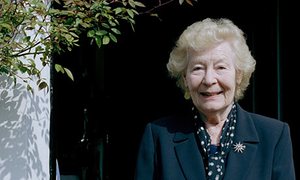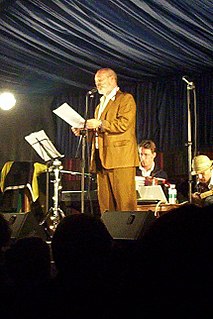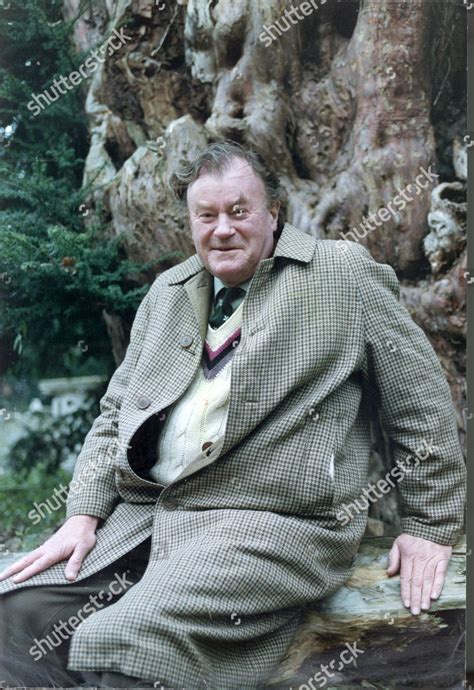A Quote by Nina Bawden
I was cleaning out the pigsty at a farm in Wales, where my mother had rented a room, when the results of my final school exam were handed to me by the postman, along with the news that I had a state scholarship to Oxford. I had waited for this letter for so many weeks that I had abandoned hope, deciding that I had failed ignominiously.
Related Quotes
My mother was Welsh and I loved going to Wales every summer, where Uncle Les had a farm. My mother had seven brothers and a sister and they were all very close. There would always be food on the table and uncles coming in and out. My father's family were English and lived in London, and we didn't really see them.
He had had a severe shock some weeks earlier, when, having narrowly failed to capture a large grey-brown hare for his dinner, it had stopped at the edge of the forest, looked at him with disdain, and said, 'Well, I hope you're proud of yourself, that's all,' and had scampered off into the long grass
The twentieth century saw an amazing development of scholarship and criticism in the humanities, carried out by people who were more intelligent, better trained, had more languages, had a better sense of proportion, and were infinitely more accurate scholars and competent professional men than I. I had genius. No one else in the field known to me had quite that.
I never went to school for that. In high school we had photography, which was great. That was another moment of discovery. I had a great teacher - I can't even remember her name now. I ended up going to boarding school for my last high school years and they had a dark room there. Of course there was curfew; you were supposed to be in bed at a certain time. But I would sneak out and sneak into the dark room and work all night.
I was born an ugly duckling due to my mother's ill health. She wasn't supposed to be pregnant, there were all kinds of complications, she couldn't survive a cesarean section etc. She said, "They didn't hand me a child, they handed me a purple melon." I heard that when I had grown up and had no idea of the whole story because the family album had pictures of a covered carriage and my mother smiling so I assumed I was asleep.
I have always been a letter writer, and I found when my numbers got over half a million, I couldn't think about how many people there were out there. I had to think as if I were writing a letter to my brothers and sisters, to my good friends with whom I have had a correspondence since I could hold a pen.
And, partly, I had found that theory-structure was a superpower in helping one get what one wanted. As I had early discovered in school wherein I had excelled without labor, guided by theory, while many others, without mastery of theory failed despite monstrous effort. Better theory I thought had always worked for me and, if now available could make me acquire capital and independence faster and better assist everything I loved.







































